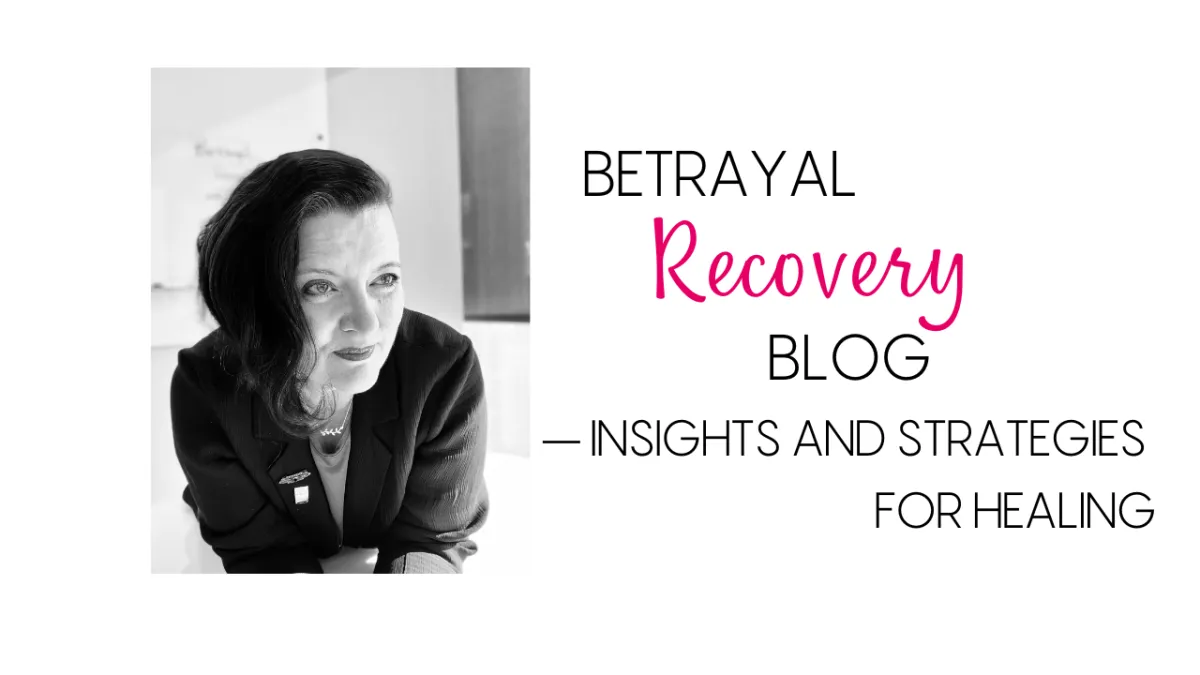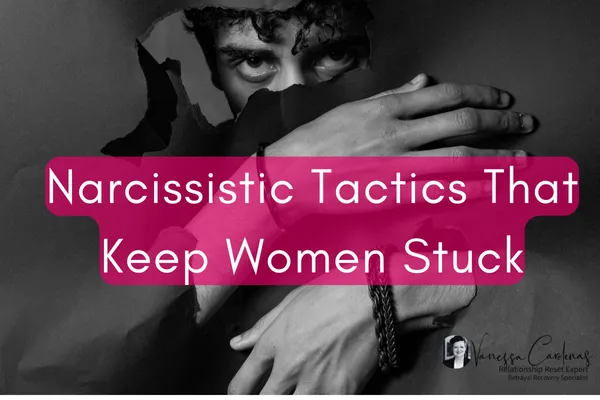Weaponized Recovery: The Second Betrayal That Keeps Couples Stuck
Discover how weaponized recovery becomes a second betrayal and why pretending to repair a relationship keeps couples stuck instead of rebuilding trust.

In-depth Articles on Healing, Communication, and Personal Growth.

Discover how weaponized recovery becomes a second betrayal and why pretending to repair a relationship keeps couples stuck instead of rebuilding trust.

Some affairs begin inside controlling relationships. Learn how to rebuild safety, end contact, and restore trust with a plan for relationship recovery.

Discover 5 narcissistic tactics that erode trust and confidence. Learn how to spot the signs, reclaim your voice, and choose healing and freedom.

Discover how an '80s hit takes on new meaning after betrayal. Healing shifts the way we hear, see, and reclaim our heart in recovery.



© Copyright 2017-2025. Understanding Ear LLC. All rights reserved.